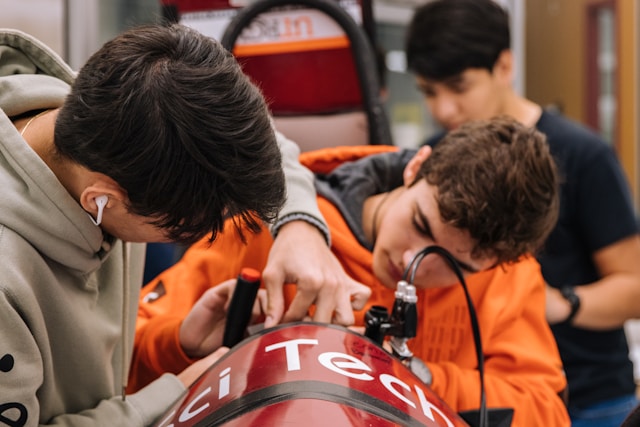Personal development is a lifelong journey of self-improvement that involves enhancing one’s skills, knowledge, and overall quality of life. It is an ongoing process that requires a deep commitment to personal growth, self-reflection, and a willingness to step outside of one’s comfort zone. The benefits of personal development are many, including increased self-awareness, improved relationships, enhanced career prospects, and overall happiness.
The first step in personal development is self-awareness. This involves understanding your strengths, weaknesses, and areas for improvement. It requires an honest evaluation of oneself, including acknowledging past mistakes and shortcomings. This self-reflection can be uncomfortable, but it is necessary for growth. By understanding your strengths and weaknesses, you can set realistic goals for yourself and create a plan to achieve them.
The next step in personal development is education. This involves gaining knowledge and skills in areas that are important to you. This can be achieved through formal education, online courses, or self-study. By continuing to learn and develop new skills, you can improve your career prospects and increase your value to employers.
Personal development also involves taking care of your physical and mental health. This includes regular exercise, a healthy diet, and getting enough sleep. It also involves managing stress, practicing mindfulness, and developing a positive mindset. By taking care of your physical and mental health, you can improve your overall quality of life and increase your resilience in the face of adversity.
Another important aspect of personal development is building and maintaining relationships. This includes cultivating meaningful connections with friends, family, and colleagues. It also involves developing strong communication skills, listening actively, and practicing empathy. By building strong relationships, you can improve your personal and professional life.
Finally, personal development involves setting and achieving goals. This requires setting realistic, measurable goals and creating a plan to achieve them. It also involves tracking progress and making adjustments as needed. By setting and achieving goals, you can improve your self-confidence and overall sense of accomplishment.
In conclusion, personal development is an ongoing journey of self-improvement that requires a commitment to growth, self-reflection, and a willingness to step outside of one’s comfort zone. By developing self-awareness, continuing to learn, taking care of your physical and mental health, building strong relationships, and setting and achieving goals, you can enhance your quality of life and achieve personal fulfillment. Remember, personal development is a lifelong journey, and it’s never too late to start.




